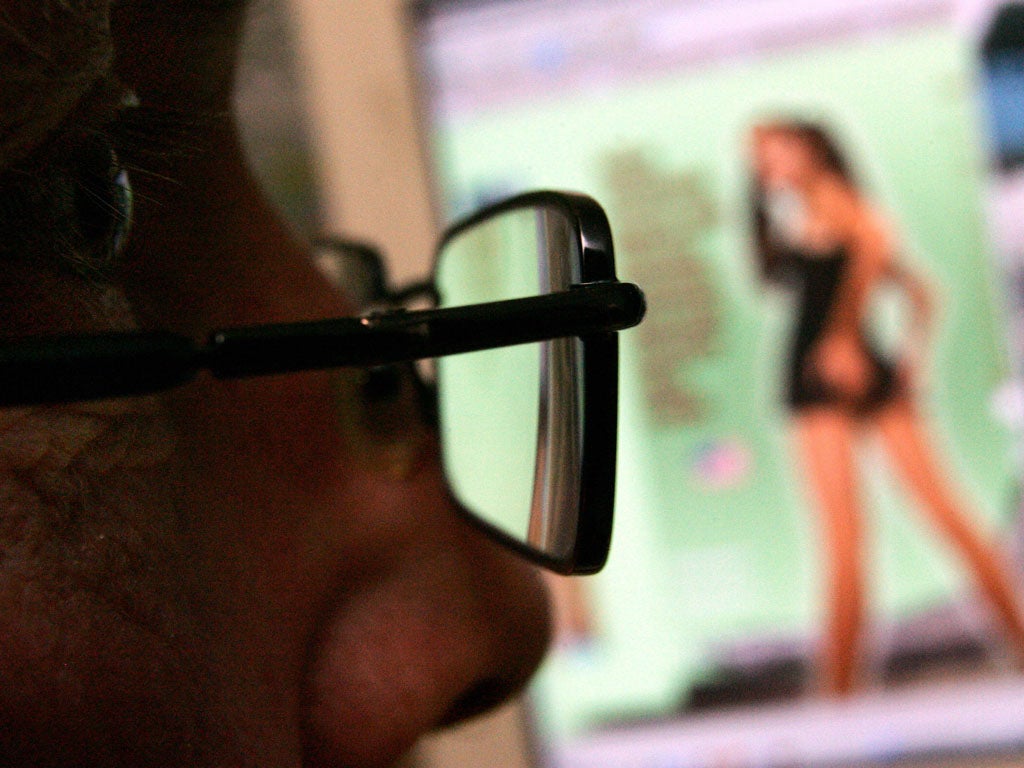Don't ban 'rape porn' - introduce more porn with negotiation and boundary-setting
Banning rape porn will not make it go away, but send it underground where we are less able to observe the safety of performers

As a feminist, I am against rape, against abuse of children, and wholeheartedly in favour of grinding the culture which allows these things to happen into dust. That’s why I’m against David Cameron’s latest proposals for increased filtering of the internet, blocking search terms and banning porn depicting simulated rape.
Taken as a whole, the plans are technologically unworkable and politically dubious; with content blocking possibly leading to decreased access to support for survivors of abuse while allowing the state a frightening level of control over internet freedom. An integral feature to nostalgia, along with Spangles and white dog poo, is the cultural memory of the Porn Fairy, the mythical beast who leaves jazz mags lying around for any young lad to peruse: blocking content would do little to stop children from looking at porn.
However, little of this broader critique of Cameron’s proposals covers my reservations about banning “rape porn”. The general rationale of a ban is rooted in social psychology from the early 1960s: Albert Bandura’s the iconic “Bobo Doll” experiments, where children watched an adult act aggressively towards a doll, and then, when offered the opportunity to play with the doll, they repeated the behaviour they had seen modelled. Therefore, it follows, if someone watches violent behaviour in porn, they will act in a more violent manner sexually. However, actual evidence of cultural harm caused by rape porn is very weak.
Let us assume, though, that porn does have the potential to teach those who see it about how they should and should not behave when it comes to sex. Why, then, are we not directing all of our energies into flooding the internet with better porn, which teaches people about consent? After all, later iterations of the Bobo Doll experiment showed that children, when watching the doll being treated kindly would replicate this far more desirable behaviour.
Porn depicting simulated rape tends to fall under the umbrella of BDSM porn, which is, on the whole, better at showing the process of negotiating consent than “vanilla” porn, reflecting a general trend within the BDSM community. Within BDSM porn, there is often a short interview between the performers discussing what they would like to do, and what they would not like to do, and how they can signal that they want the scene to stop if needs be. After the scene has finished, the performers talk about the scene in a debrief. Would it not be better if all porn contained this process of negotiation and boundary-setting, modelling to its audience that this is something which ought to be an inherent part of sex? Might this take the process of negotiation out of the dungeon and into mainstream culture?
Banning rape porn will not make it go away, but, rather, send it underground where we are less able to observe the safety of the performers, and actual abuse may well increase. It is for this reason that we must support sex workers: a difficult challenge in an era where employment rights are being slowly chipped away for workers in all industries as toothless unions look on in apathy. Yet this, and all related struggles are worth fighting if we wish to see a better world rather than buy into media-friendly token gestures. We need to see better sex and relationships education for people of all ages. We need to be as critical of what is on our televisions as what people are masturbating to. We need to work harder rather than looking away from problems and hoping they vanish.
The key difference between porn depicting simulated rape and images and film depicting a real rape is the consent of all parties involved. It is absolutely crucial, when having this conversation that we bear this in mind, as ignoring the consent of people involved in sex is traditionally the domain of the rapist or abuser. Consent is, after all, the ultimate weapon weapon in the fight against rape culture.

Join our commenting forum
Join thought-provoking conversations, follow other Independent readers and see their replies